
 Hot Water System
Hot Water System 
We humans often act like every resource on this blue planet is ours for the taking. But that mindset is dangerous because nature has limits. Push Earth into saturation, and the consequences don’t just affect polar bears; they hit our homes, pockets, and future.
The global goal is to hit Net Zero by 2050, meaning we balance greenhouse gas emissions with carbon removal. Here in Australia, that’s the national target. But Victoria is taking it further, aiming for Net Zero by 2045. We’re aiming to cut carbon, not just for the ozone, but for our families, communities, and comfortable lives alike. In Australia, and particularly in Victoria, the shift to eco-friendly hot water upgrade solutions is front and centre.
Net Zero 2050
When we talk about Net Zero, we’re saying: we’ve got to stop pumping carbon into the atmosphere. The science is clear —warming beyond 1.5 °C risks flash floods, bushfires, dieback of forests, and heatwaves that cook suburbs. Victoria’s already feeling the burn, with record-high summer temps and water woes.
Australia signed up to Net Zero 2050 because we want our grandkids to grow up in a world worth living in. But we’ve also got to make it practical and comfortable, and that’s where the eco-friendly hot water upgrade plays a starring role.
Spotting the Hot Water Problem
The hot water system tucked in the corner of your laundry runs every day for showers, washing machines, and kitchens. Historically, we’ve used electric hot water systems on standby or gas hot water tanks. They’re reliable, but they linger in the background, guzzling energy and bumping up energy bills.
Old storage tank models lose heat to the surrounding air all night long. Then you tap in someone’s shower? Instant pressure on the heater. That’s more energy, higher emissions, and a guilty system you forget about until the bill hits.
Heat Pumps: The Eco-friendly hot water upgrade
What makes heat pump water heater systems the Eco-Hero of Hot Water? They are made with technology to save you money and time — they extract heat from the surrounding air, using a refrigeration-style heat exchanger to warm water in an attached tank. What does that mean?
- You get 3–4 kW of heat for every 1 kW of electricity used. Huge energy-efficient hot water gains.
- Lower carbon emissions, because you’re not generating heat directly, you’re shifting it.
- System flexibility: Most modern heat pump models feature programmable timers, solar compatibility, and variable-speed fans, enabling the system to adapt to your household’s specific energy needs and usage patterns.
So, installing a heat pump hot water heater goes beyond a simple swapping of tanks— it’s a smart use of physics, budgets, and eco-responsibility.
From Old Tanks to Simple Physics
Old water tanks are burners: wasteful by design. As they sit in the laundry, their heat from surroundings leaks out. And unless they’re perfectly insulated, the power just keeps flowing.
By comparison, in heat pumps, heat from the surroundings isn’t wasted; it’s recycled. The fan quietly hums, draws air across coils and — “Ta-da!” — water heats without a bunch of dusted kilowatts.
How Heat Pump Hot Water Systems Work?
Let’s geek out for a sec. These systems are like mini-refrigerators in reverse.
- A refrigerant glides through an evaporator, absorbing heat from the air.
- The refrigerant becomes a gas, heading into a compressor, raising the temperature.
- That now-hot gas enters a heat exchanger coil inside the storage tank, flowing warm.
- The refrigerant then cools, condenses, and loops back to do it all again.
A system into which efficiency is built in. You’re stealing heat from the air, not burning electricity directly. When the world around you is warm, your energy use is lower, emissions are leaner, and your hot water never stops flowing.
Is It Worth It? Savings & Emissions Comparison

Let’s talk dollars (and motivation). Switching from an electric water heater or gas hot water tank to a heat pump hot water heater can cut your water heating emissions by more than half.
- Households typically save $400–600 a year in energy bills.
- Rebates under state and solar rebate schemes reduce the upfront cost by $700–1,500.
- Victoria’s “Hot Water Upgrade” rebates are out now. You can contact Eco Foot to check “who is eligible for the heavily subsidised hot water upgrade in Victoria.”
Victorian Focus: Rebates & Support
Victorian households chasing an eco-friendly hot water upgrade now have strong support:
- Victorian Energy Upgrades (VEU) offers co-contributions and pathway rebates — just research “hot water upgrade victoria reviews” for examples.
- Federal Solar Homes, combined with state rebates, can further reduce the net outlay.
- Totally eligible: heat pump hot water heater, especially if old gas hot water tanks are ripped out and replaced.
So far, so good. Government backing isn’t just greenwashing. It’s good for humans and the planet alike.
What You Need to Know
As a homeowner or business owner, here’s what matters:
- Choose a heat pump hot water system that suits your family’s shower patterns, morning rush, and tank size (typically 270–315 L).
- Focus on upgrading high-quality units — look for minimum 5‑year warranties, brand reps with real service meat.
- Get quotes on “install a heat pump hot water system including removal of old tanks and plumbing/electrical”.
- Ask about energy-efficient hot water modelling for your morning shower vs landline calls.
- Look up government rebates and check “who is eligible for free hot water upgrade in Victoria.”
We get it. Energy nerd language can feel a bit geeky. But at the end of the day, it’s a human-centred upgrade made for comfort, better bills, and futureproofing.
Before vs After: Lifestyle Changes
Before:
- A clunky electric water heater or water tank in the shed
- Energy wasted heating water all day
- You pay premium rates for heat you never see
After:
- Heat pump hot water heater quietly gathering warmth
- Regularised surrounding air heat used smartly
- No surprise spikes on the energy bill
That’s the shift where climate meets comfort.
Busting Myths: Are Heat Pumps Just for Warm Climates?
Not at all. Australian winters can dip, but modern heat pumps keep pumping heat effectively down to 0°C. They just run a little longer on cold nights. For that reason, some homeowners choose hybrid solar hot water replacement options combining solar collectors and heat pumps for backup reliability.
How to Choose a Provider?
- What’s the warranty? (Aim for 5 years or more.)
- How’s the customer service track record?
- Can I see usage modelling for typical energy bills?
- Do they cover installation and ongoing maintenance?
- Are they accredited to claim government rebates properly?
These questions will guide your journey to the best eco-friendly hot water upgrade VIC has to offer. If you have come across this blog, then you can just contact us. We’ll then do a free site assessment and assist you in upgrading to the best hot water system in VIC.
Look Ahead: Victoria’s Net Zero Ambition, Delivered
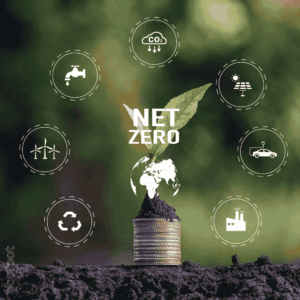
Victoria’s goal to hit Net Zero by 2045 is a plan. An eco-friendly hot water upgrade is one of the tangible, consumer-focused ways we’re getting there.
Every household or business that swaps out their old electric or gas water heating system contributes to lower demand on the grid, fewer greenhouse emissions, and predictable energy bills for many years to come.
When we bring climate goals into individual actions with rebates, quality installations, and human-centred design is when change happens.
The Warmest Upgrade You’ll Make
Investing in an eco‑friendly hot water upgrade is an environmental and human act. It’s about comfort, savings, and making sure our kids can enjoy hot showers on a livable planet.
So here’s your invite: start researching heat pump hot water heater systems, see your highest-quality provider, by which you’ll end up finding us and check your local government rebate status and eligibility by booking a call.
FAQ's
1. What is the most eco-friendly way to heat water?
2. Is it worth switching from gas to an electric water heater?
Yes, especially if you’re choosing a heat pump system. Heat pumps are quieter, more cost-effective to operate, and reduce your carbon footprint. With gas prices rising, it’s a smart long-term decision.
3. What is a hybrid water heater?
4. How do I reduce the temperature of my hot water?
5. Are new hot water heaters more efficient than old ones?
Other Related Blog
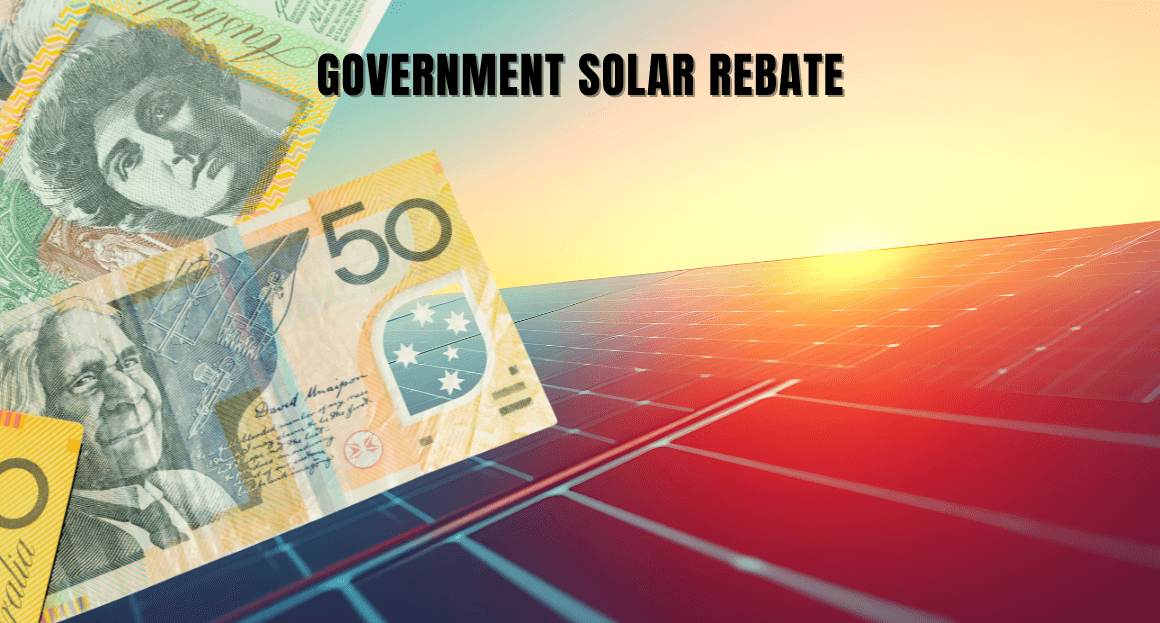
 Solar
Solar Every week, we talk to homeowners and small business owners across Victoria who say the exact same thing: “It’s too expensive right now.” “We rent; our
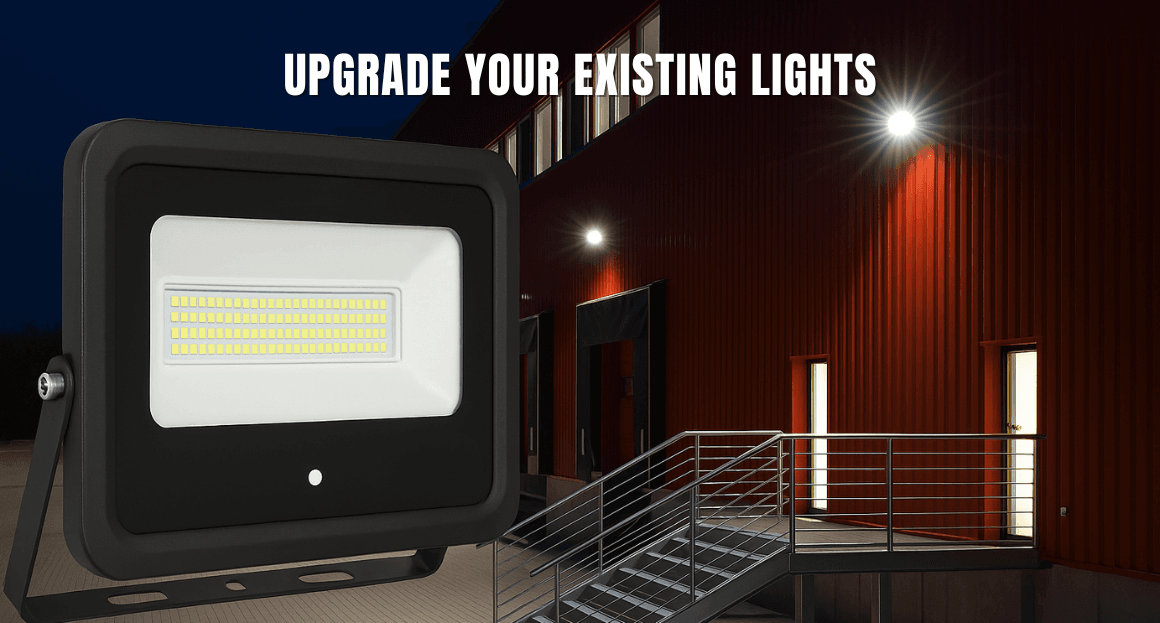
 Lighting
Lighting The lights stay on, work continues, customers still walk through your doors, but behind the scenes, your electricity bill climbs year by year, your carbon footp

 Lighting
Lighting When it comes to upgrading your commercial lighting, finding a reliable and professional partner makes all the difference. At Eco Foot, we specialise in commerc
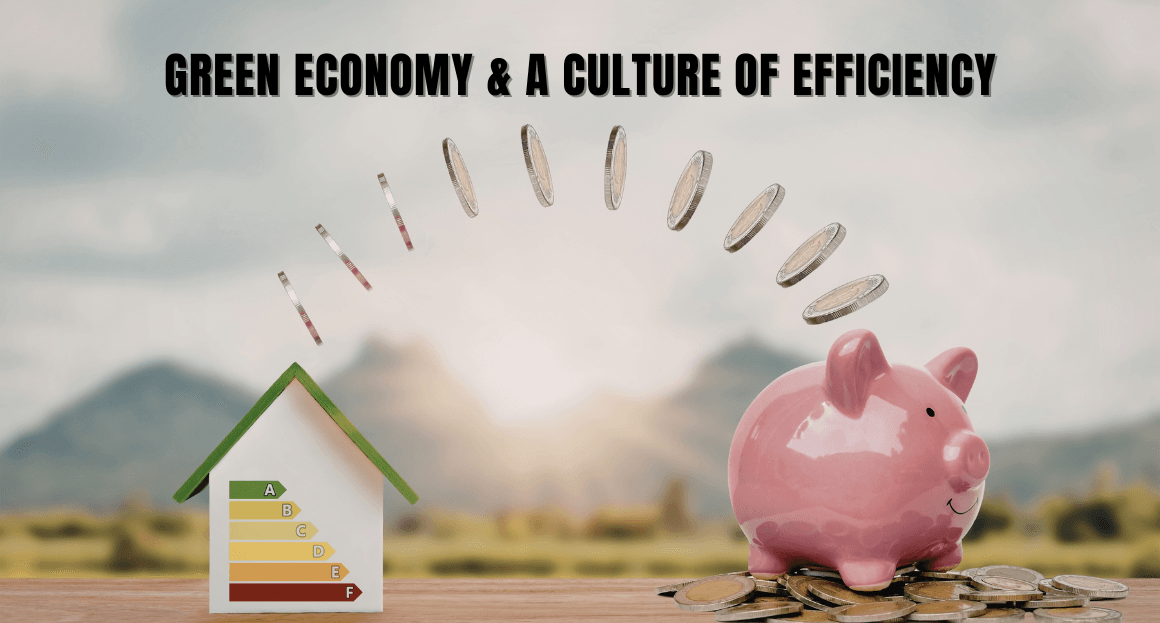
 Lighting
Lighting Go Greener at Work! Start with the lights — the simplest step toward cutting costs and carbon. For businesses in Victoria, an LED lighting upgrade offers a cl
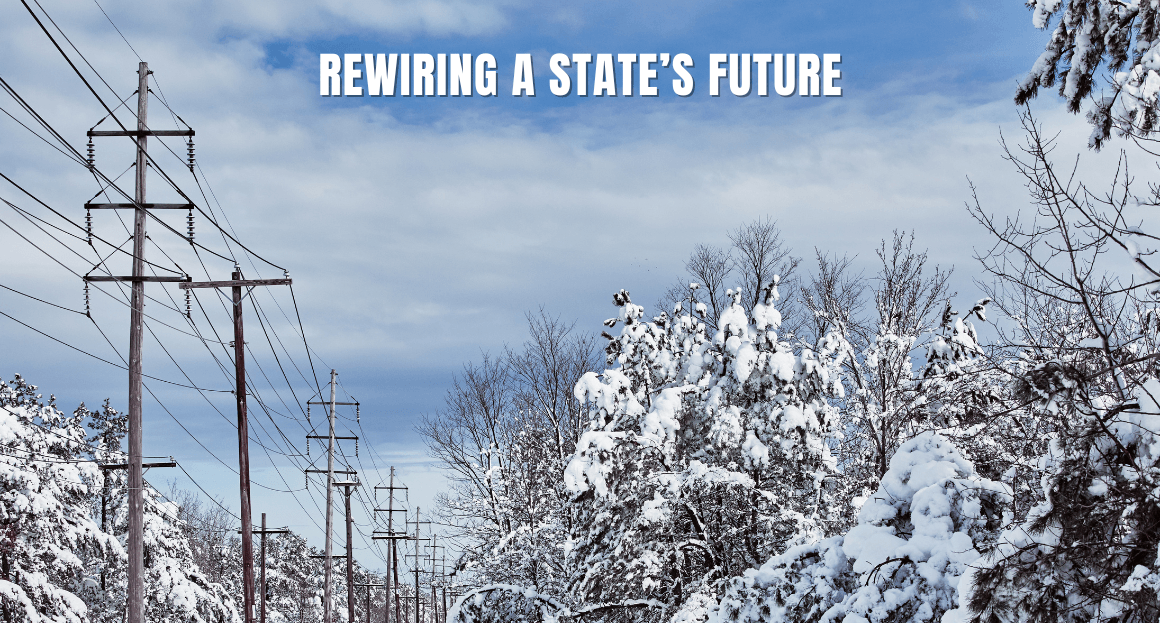
 VEU Updates
VEU Updates What can you do for Victoria? Simple: Upgrade old, inefficient systems in your home and business So what’s in it for you? Generous rebates that make

 Air Cons
Air Cons What if lighting didn’t just save you money… but actually earned it back for you? Welcome to the world of commercial LED lighting with rebates, and in parti



